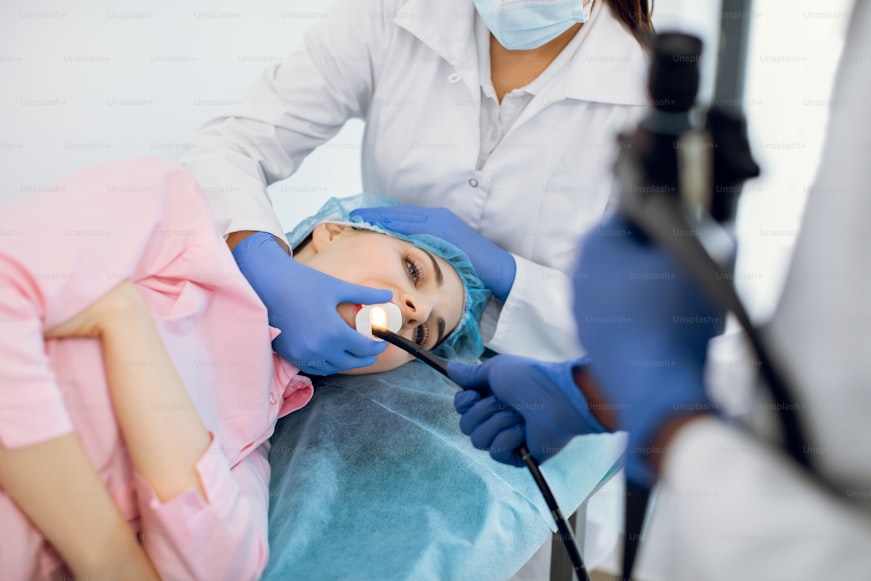Table of Contents
You accidentally ate before endoscopy, and now you’re in a panic. Your heart races as you realize your mistake, wondering if you’ve jeopardized the entire procedure. Take a deep breath—you’re not the first person to find yourself in this situation, and you certainly won’t be the last. While it’s not ideal, it’s not the end of the world either.
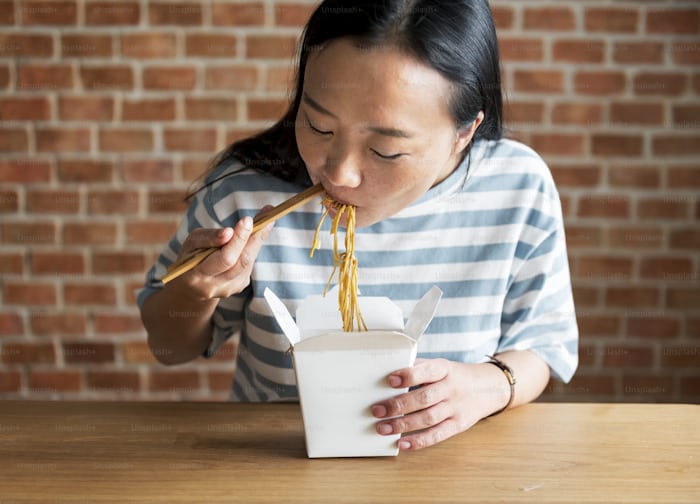
In this article, we’ll walk you through what happens next, what risks you might face, and how to handle this common slip-up. Whether you absent-mindedly sipped your morning coffee or couldn’t resist a midnight snack, we’ve got you covered with the information you need to navigate this unexpected hurdle in your healthcare journey.
Understanding Endoscopy: Why Fasting is Important
An endoscopy is a crucial diagnostic tool that allows doctors to examine your digestive tract. But have you ever wondered why you’re told to fast before this procedure? Let’s break it down.
When you fast, your stomach and intestines are empty, giving your doctor a clear view of your digestive lining. Think of it like trying to see the bottom of a pool – it’s much easier when the water is clear, right? The same principle applies here. Fasting also reduces the risk of aspiration. This is when stomach contents accidentally enter your lungs during the procedure. It’s rare, but it can be serious, which is why doctors take this precaution.
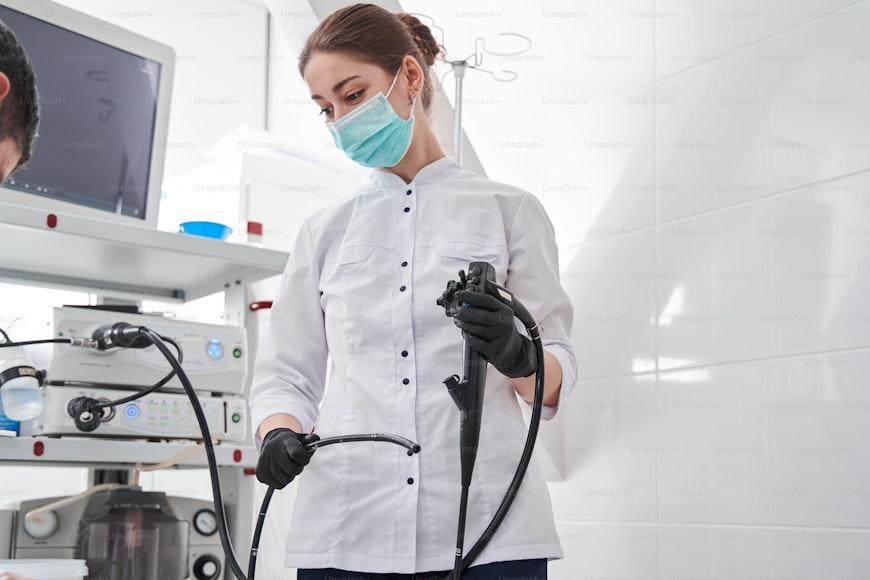
Typically, you’ll be asked to avoid food for 6-8 hours before your endoscopy. For most people, this means no midnight snacks if you have a morning appointment. Clear liquids are usually okay up until 2-4 hours before, but always follow your doctor’s specific instructions.R emember, fasting isn’t just a suggestion – it’s a crucial part of ensuring your endoscopy is safe and effective.
Potential Risks of Eating Before an Endoscopy
So, you’ve accidentally eaten before your endoscopy.
What are the potential risks?
Let’s explore this without causing unnecessary alarm. The primary concern is aspiration, which we mentioned earlier. When you’re sedated for the procedure, your body’s natural reflexes are suppressed. If there’s food in your stomach, it could potentially come back up and enter your lungs. This can lead to pneumonia or other respiratory issues.
Another risk is that food in your system can obscure the doctor’s view. Imagine trying to examine a road through a muddy windshield – that’s similar to what your doctor faces if there’s food residue in your digestive tract. This could lead to missed diagnoses or the need to repeat the procedure. In some cases, if you’ve eaten, your doctor might need to use more sedation to relax your digestive muscles. This can increase the risks associated with anesthesia.
It’s also worth noting that eating before the procedure could alter the results of certain tests performed during the endoscopy, potentially leading to inaccurate diagnoses. While these risks are real, it’s important to remember that your medical team has protocols in place to handle such situations. The key is to communicate honestly with your healthcare provider about what and when you ate.
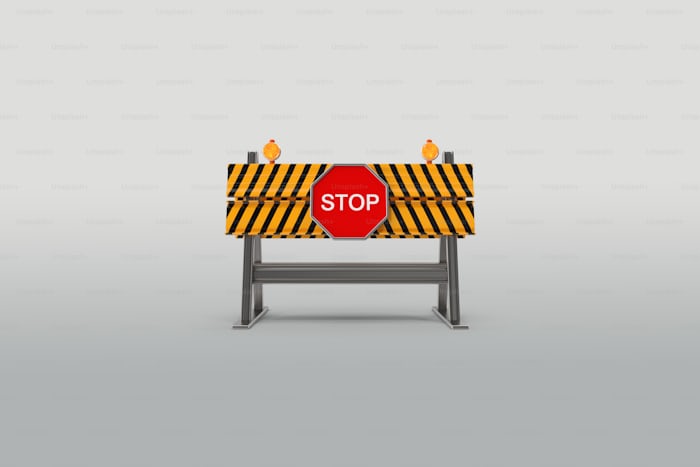
What to Do If You’ve Accidentally Eaten: Immediate Steps
Oops! You’ve just realized you accidentally ate before your endoscopy.
Don’t panic—here’s what you should do:
- First and foremost, stop eating or drinking immediately. Even if you’ve already slipped up, it’s crucial not to compound the issue.
- Next, check the time. If your procedure is still several hours away, you might be okay. Many endoscopy guidelines require fasting for 6-8 hours before the procedure.
- Regardless of timing, your next step is crucial: Contact your doctor’s office or the endoscopy center right away.
Be prepared to provide specific information:
- What did you eat or drink?
- How much did you consume?
- When exactly did you eat or drink?
This information helps your healthcare team make the best decision for your safety and the effectiveness of the procedure. Remember, it’s always better to speak up than to stay silent and potentially compromise your health or the accuracy of the endoscopy.
Communicating with Your Healthcare Provider: Honesty is Key
When you’ve made a mistake, it’s tempting to hide it. But when it comes to your health, honesty truly is the best policy. Your healthcare provider needs accurate information to make the best decisions for your care. They’re not there to judge you—they’re there to help you.

Here’s how to approach the conversation:
- Be upfront: Start the conversation by clearly stating what happened. For example, “I accidentally ate a piece of toast this morning, even though I was supposed to fast.”
- Provide details: Be specific about what you ate, how much, and when. This information is crucial for your doctor’s decision-making.
- Ask questions: Don’t be afraid to ask about potential impacts on your procedure or any additional steps you should take.
- Follow instructions: Your provider may need to reschedule your procedure or make other adjustments. Listen carefully and follow their guidance.
Remember, your healthcare team has likely dealt with similar situations before. They’re professionals trained to handle unexpected circumstances. By being honest, you’re partnering with them to ensure you receive the best possible care. Your health and safety are the top priorities. A momentary lapse in following pre-procedure instructions isn’t ideal, but hiding it could have more serious consequences. Trust in your healthcare team and be open with them.
Rescheduling Your Endoscopy: What to Expect
If you’ve eaten before your endoscopy, there’s a good chance your procedure will need to be rescheduled. While this can be frustrating, remember it’s for your safety and to ensure accurate results.
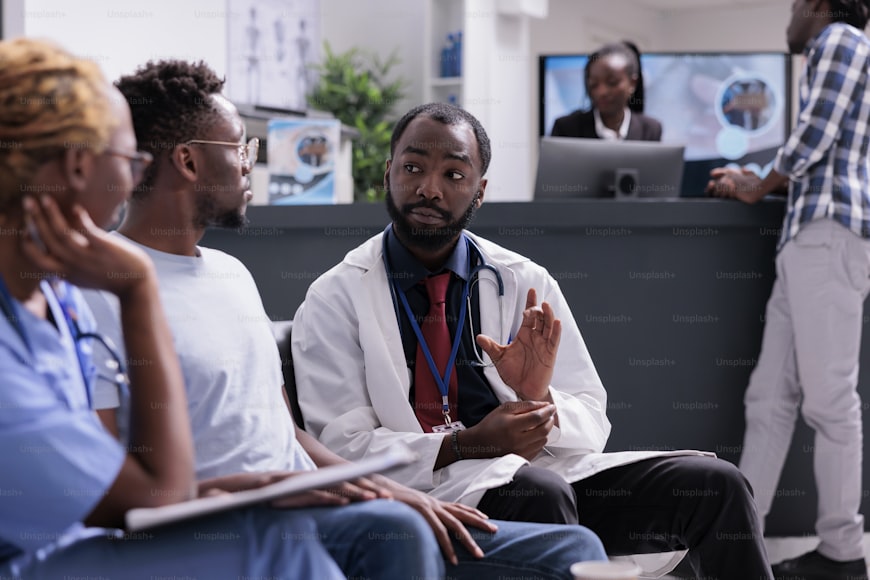
Here’s what you can expect:
- New appointment: Your healthcare provider will work with you to set a new date. This might be as soon as the next day or within a week, depending on the urgency of your procedure and the facility’s schedule.
- Repeat preparations: You’ll need to go through the preparation process again. This includes fasting and possibly taking laxatives or other preparatory medications.
- Insurance considerations: Don’t worry about additional costs. Most insurance companies understand that these things happen and won’t penalize you for rescheduling due to accidentally eating(there could be exceptions however).
- Learning opportunity: Use this as a chance to clarify any instructions you found confusing the first time around.
Remember, it’s better to reschedule than to risk complications or inaccurate results.
Tips to Avoid Accidentally Eating Before Future Medical Procedures
We’re all human, and mistakes happen. But there are steps you can take to avoid accidentally eating before future procedures:
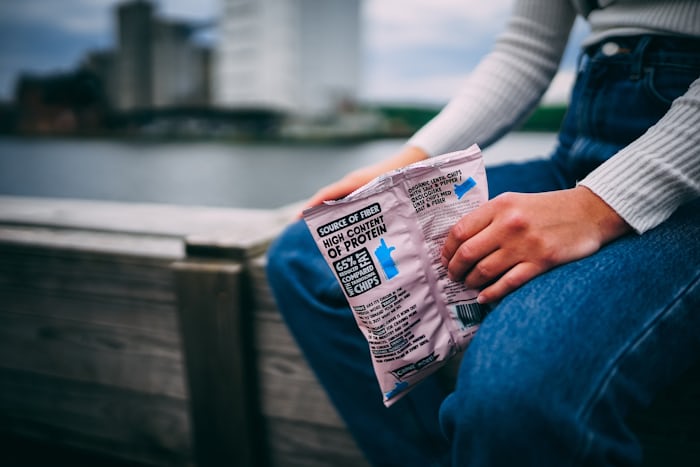
- Set reminders: Use your phone or sticky notes to remind yourself about fasting requirements.
- Inform your household: Let family members or roommates know about your upcoming procedure so they can help remind you.
- Prepare in advance: Remove tempting foods from easy reach the night before your procedure.
- Schedule strategically: If possible, schedule your procedure for early morning to minimize fasting time while you’re awake.
- Clarify instructions: If anything is unclear about your fasting instructions, don’t hesitate to call your doctor’s office for clarification.
- Plan distractions: Have activities ready to keep your mind off food during fasting periods.
- Stay hydrated: Remember that in many cases, clear liquids are allowed until a few hours before the procedure. Staying hydrated can help manage hunger.
By implementing these strategies, you’ll be better prepared for future procedures. Remember, the goal is to ensure your safety and the accuracy of your medical tests. A little preparation can go a long way in making your healthcare journey smoother.
Follow Gilcare On:

